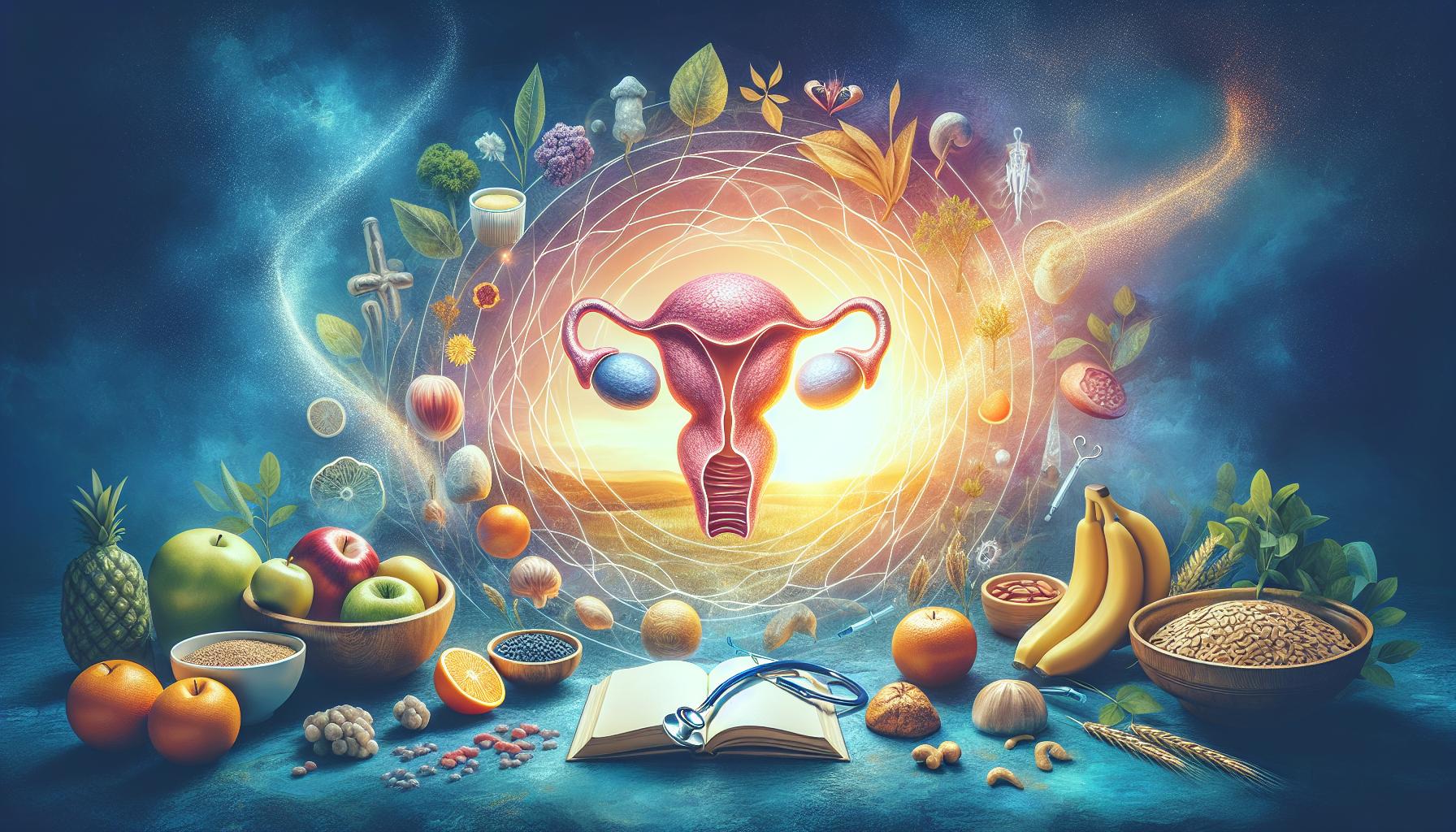Introduction: The Essential Guide to Balancing Your Diet After Prostate Surgery
Recuperating from prostate surgery is no piece of cake. However, you may wonder whether your diet can facilitate a speedier recovery. The answer is a resounding ‘yes.’ Eating balanced meals can contribute significantly to your overall health and wellness post-surgery. When it comes to crafting a well-rounded diet, including nutrient-rich foods while avoiding potential irritants is vital. This article will delve deep into nutritional do’s and don’ts that could lead to the path of health and well-being post-prostate surgery.
Nutritional Needs after Prostate Surgery
After having prostate surgery, your body needs specific nutrients for its journey to recovery: proteins, fiber, vitamins, and minerals. Proteins, for instance, are the building blocks of cells, aiding in the repair and growth process. Hence, incorporating protein-rich foods such as lean meats, dairy products, legumes, and fish into your meals is as important as remembering that Rome wasn’t built in a day.
Why Consume Fiber-Rich Food?
Fiber is another noteworthy ingredient in your post-prostate surgery diet. Foods high in fiber, like whole grains, fruits, and vegetables, function as nature’s little brooms. They aid in ensuring regular bowel movements, a vital factor after surgery, and help sweep away any potential worry about digestive discomfort.
The Role of Vitamins and Minerals
Vitamins and minerals are unsung heroes that stealthily support the healing process. Vitamin C helps form collagen, a protein needed for wound repair. Garner your daily dose from fruits like oranges and strawberries, or vegetables like broccoli and bell peppers. Vitamin A, C, and E work in tandem as an antioxidant trio, mitigating inflammation and facilitating wound healing.
Consider Calcium and Iron
Not to cast a pall over protein, but minerals like calcium and iron deserve some limelight too. Calcium aids in maintaining bone health, while iron is a powerhouse that assists in forming new blood cells and carrying oxygen throughout the body—two crucial aspects after surgery—making these two, quite literally, the ‘dynamic duo’ of your post-operative healing period.
Watching Out for Potential Irritants
While certain foods aid in the healing process after prostate surgery, others could act as potential irritants, provoking unwanted symptoms. Excessively spicy or fatty foods, caffeine, alcohol, and carbonated drinks can exacerbate urinary incontinence, a common aftermath of prostate surgery. As the saying goes, “discretion is the better part of valor”; it’s best to minimize intake of these foods and beverages.
Fluid Management: A Balancing Act
Managing fluid intake after prostate surgery is a veritable balancing act. Drinking enough water is essential to prevent constipation and urinary tract infections. However, overconsumption might lead to frequent urination, putting unneeded pressure on the healing area. Reading your body’s needs, like a drink, is ideal, though not always a walk in the park.
Conclusion: A Balanced Diet – Your Key to Speedy Recovery
Prostate surgery is a significant event that can leave your body in need of support and nourishment to heal effectively. A well-balanced diet, complete with essential nutrients and devoid of potential irritants, can prove a potent ally on your path to recovery. By following these nutritional guidelines, you can accelerate the healing process, regain your strength, and get back to enjoying life to the fullest.
Frequently Asked Questions
1. What Foods Should I Avoid After Prostate Surgery?
It’s best to avoid spicy foods, excessive fat, caffeine, alcohol, and carbonated drinks, as they can exacerbate urinary symptoms.
2. Can I Drink Alcohol After Prostate Surgery?
Moderate alcohol consumption may be acceptable; however, excessive intake can lead to complications, such as worsening urinary symptoms.
3. Should I Take Vitamins After Prostate Surgery?
While you can get most necessary nutrients from a healthy diet, your healthcare provider might recommend specific supplements or vitamins based on your individual needs.
4. How Much Protein Do I Need After Surgery?
Protein needs vary depending on factors like age, sex, and weight. Consult your healthcare provider or a nutritionist for personalized advice.
5. Is It Safe to Exercise After Prostate Surgery?
Yes, gentle exercises such as walking can help in recovery. However, it’s best to get a doctor’s advice before embarking on any strenuous exercise regime.


